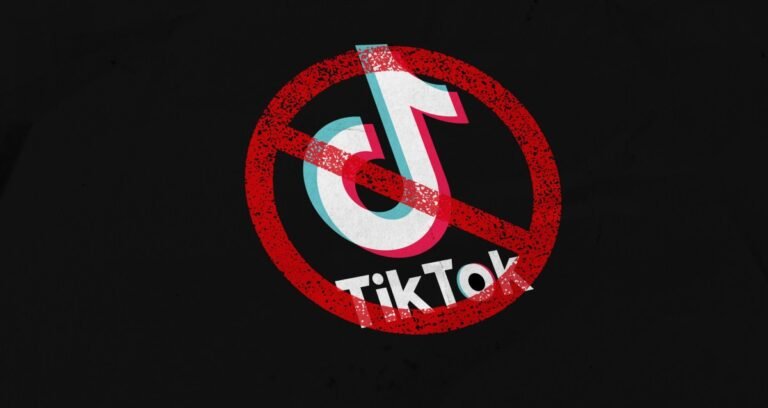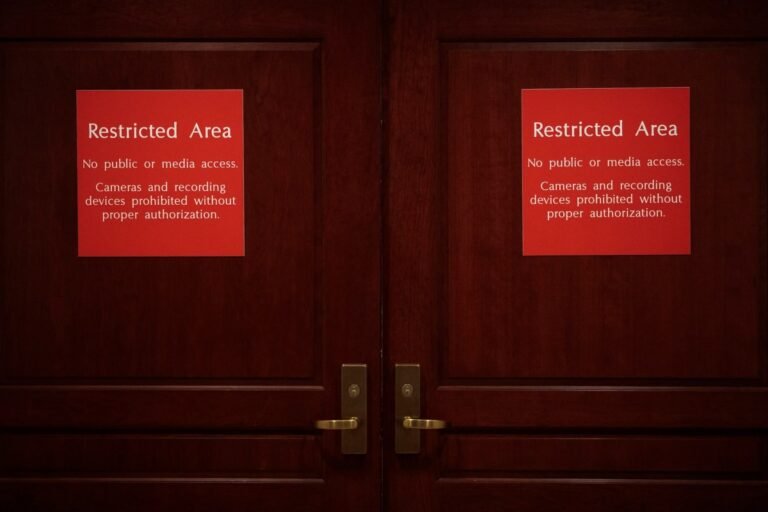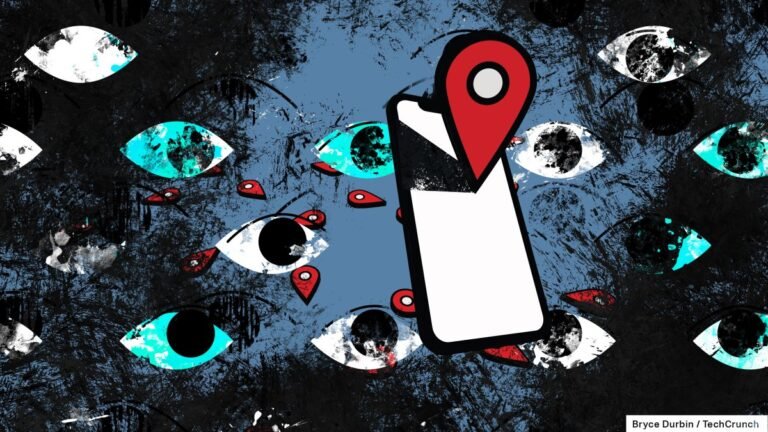
eBay’s newest AI feature allows sellers to replace image backgrounds with AI-generated backdrops.
eBay’s background enhancement tool could benefit sellers who lack the equipment or skills to take professional-looking or high-quality photos.
It may also improve on eBay’s previous offering, which used computer vision technology to give listing photos a simple, white background.
The new AI feature is powered by the open-source model Stable Diffusion.
The latest announcement comes a year after eBay introduced an AI feature that generates titles and descriptions for a product listing.

The U.S. House of Representatives passed a bill this afternoon that would require TikTok-owner ByteDance to sell the popular social media app or see it banned in the United States.
Efforts to ban TikTok go back to the Trump Administration, but the issue has been revived in recent months.
The House already passed a similar bill in March — a bill that the Senate showed little interest in taking up.
The Senate could take up the package this coming week, and President Joe Biden has said he supports the bill and will sign it.
If that happens, TikTok is expected to challenge the bill in court.

Lawmakers passed legislation early Saturday reauthorizing and expanding a controversial U.S. surveillance law shortly after the powers expired at midnight, rejecting opposition by privacy advocates and lawmakers.
Critics, including lawmakers who voted against the reauthorization, say FISA also sweeps up the communications of Americans while spying on its foreign targets.
Following the passage in the early hours of today, Senator Mark Warner, who chairs the Senate Intelligence Committee, said that FISA was “indispensable” to the U.S. intelligence community.
FISA requires the government to seek an annual certification from the secretive FISA Court, which oversees and approves the government’s surveillance programs.
The FISA Court last certified the government’s surveillance program under Section 702 in early April, allowing the government to use its lapsed authority until at least April 2025.

India’s election overshadowed by the rise of online misinformation Greater internet penetration and the rise of "cheapfakes" since the last general election in 2019 pose new challengesAs India kicks off the world’s biggest election, which starts on April 19 and runs through June 1, the electoral landscape is overshadowed by misinformation.
Misinformation is not just a problem for election fairness — it can have deadly effects, including violence on the ground and increase hatred for minorities.
“Ever since social media has been thriving, there is a new trend where you use misinformation to target communities,” he said.
The country’s vast diversity in language and culture also make it particularly hard for fact-checkers to review and filter out misleading content.
Moreover, just before the Indian election, Meta reportedly cut funding to news organizations for fact-checking on WhatsApp.

Your Android phone could have stalkerware — here’s how to remove it How to remove common consumer-grade spywareConsumer-grade spyware apps that covertly and continually monitor your private messages, photos, phone calls and real-time location are a growing problem for Android users.
This guide can help you identify and remove common surveillance apps from your Android phone, including TheTruthSpy, KidsGuard and other apps.
Checking to see if your Android device is compromised can be done quickly and easily.
Android users who do not use accessibility apps or features should not see any apps in their Android settings.
Force stopping and uninstalling a stalkerware app will likely alert the person who planted the stalkerware that the app no longer works.

Today, Webflow announced that it acquired Intellimize, a startup leveraging AI to personalize websites for unique visitors.
The majority of the Intellimize team — around 50 people — will join Webflow.
Vlad Magdalin, the CEO of Webflow, said Intellimize was a natural fit for Webflow’s first-ever acquisition because its product meets a need many Webflow customers share: personalizing and optimizing their websites.
Intellimize will continue to be sold standalone to non-Webflow customers, but it’ll increasingly link to — and integrate with — Webflow services.
— personalization product efforts at Webflow.

CRED has received the in-principle approval for payment aggregator license in a boost to the Indian fintech startup that could help it better serve its customers and launch new products and experiment with ideas faster.
The RBI has granted in-principle approval for payment aggregator licenses to several companies, including Reliance Payment and Pine Labs, over the past year.
Typically, the central bank takes nine months to a year to issue full approval following the in-principle approval.
Without a license, fintech startups must rely on third-party payment processors to handle transactions, and these players may not prioritize such mandates.
Obtaining a license allows fintech companies to process payments directly, reduce costs, gain greater control over payment flow, and onboard merchants directly.

Sources tell us that Lacework — a cloud security startup that was valued at $8.3 billion post-money in its last funding round — is in talks to be acquired by another security player, Wiz, for a price of just $150–$200 million.
Wiz — valued at around $10 billion — is one of them.
The company is positioning itself as a one-stop-shop for all things cloud security en route to its IPO.
Earlier this month Wiz acquired Gem Security for $350 million, and it sounds like the M&A will not end with Laceworks.
We are always exploring compelling M&A opportunities that will enhance both our technological capabilities and business expansion, as we strive to build the world’s leading cloud security platform.”

Combined with around $24 million of its own money, Tesla wanted to build nine electric semi-truck charging stations between Laredo, Texas and Fremont, California.
“The project will help create a hydrogen corridor from southern California to Texas,” the Department of Transportation wrote in a statement in January.
“Funding hydrogen stations will go down as purely wasted money,” Patel told TechCrunch this week.
While he no longer speaks on behalf of Tesla, he also criticized funding hydrogen infrastructure when he was still with the company.
Despite all this, the Tesla Semi program is still slowly attracting customers.

Meta has released the latest entry in its Llama series of open source generative AI models: Llama 3.
Meta describes the new models — Llama 3 8B, which contains 8 billion parameters, and Llama 3 70B, which contains 70 billion parameters — as a “major leap” compared to the previous-gen Llama models, Llama 2 8B and Llama 2 70B, performance-wise.
In fact, Meta says that, for their respective parameter counts, Llama 3 8B and Llama 3 70B — trained on two custom-built 24,000 GPU clusters — are are among the best-performing generative AI models available today.
So what about toxicity and bias, two other common problems with generative AI models (including Llama 2)?
The company’s also releasing a new tool, Code Shield, designed to detect code from generative AI models that might introduce security vulnerabilities.














